Moving to Germany can be exciting, but finding an apartment? Not so much. With high demand, strict paperwork, and unfamiliar housing terms, the process can be overwhelming — especially for newcomers. Whether you’re moving for studies, work, or adventure, this guide will help you navigate Germany’s housing market step-by-step.
Download the Checklist

📍 Step 1: Choose the Right City for You
Each German city offers a different experience. Here’s a quick breakdown:
-
Berlin – Diverse, creative, international, but competitive housing.
-
Munich – Clean, safe, and beautiful — but very expensive.
-
Frankfurt – Financial hub with many expats and professionals.
-
Hamburg – Great for families and culture lovers.
-
Cologne, Leipzig, Düsseldorf, Stuttgart – Offer good quality of life and are slightly more affordable.
💡 Tip: Consider cost of living, public transport, and proximity to your job or university.

🔍 Step 2: Where to Search for Apartments
Use these reliable platforms to begin your apartment hunt:
-
Immobilienscout24.de – Germany’s top property portal.
-
WG-Gesucht.de – Ideal for shared flats (WGs) and short-term rentals.
-
Immonet.de – Another popular platform with detailed filters.
-
[Facebook Groups] – Search for terms like “Apartments in Berlin”, “WG Zimmer Hamburg”, or “Expats Munich Housing”.
-
eBay Kleinanzeigen – Informal classifieds with many private listings (watch out for scams!).
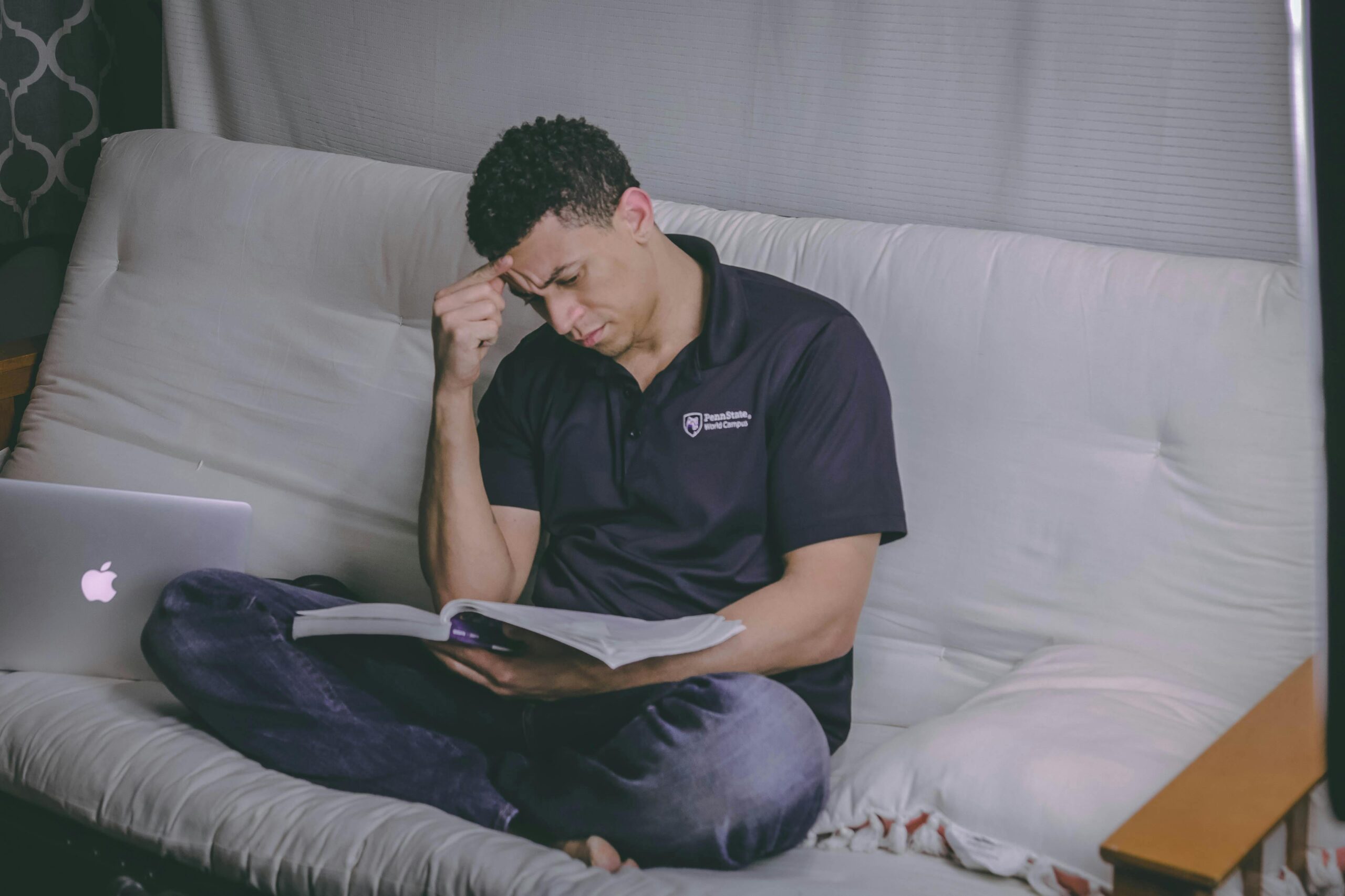
📄 Step 3: Understand German Rental Terms
Here are key German terms you’ll see in listings:
-
Kaltmiete – “Cold rent” (excluding utilities).
-
Warmmiete – “Warm rent” (including heating and utilities).
-
Nebenkosten (NK) – Additional costs (water, garbage, heating).
-
Kaution – Security deposit (usually 2–3 months’ rent).
-
Unmöbliert / Möbliert – Unfurnished / Furnished.
-
Wohnung / WG – Entire flat / Shared apartment.
-
Zwischenmiete – Temporary sublet.
💡 Always clarify if the rent includes utilities and internet.
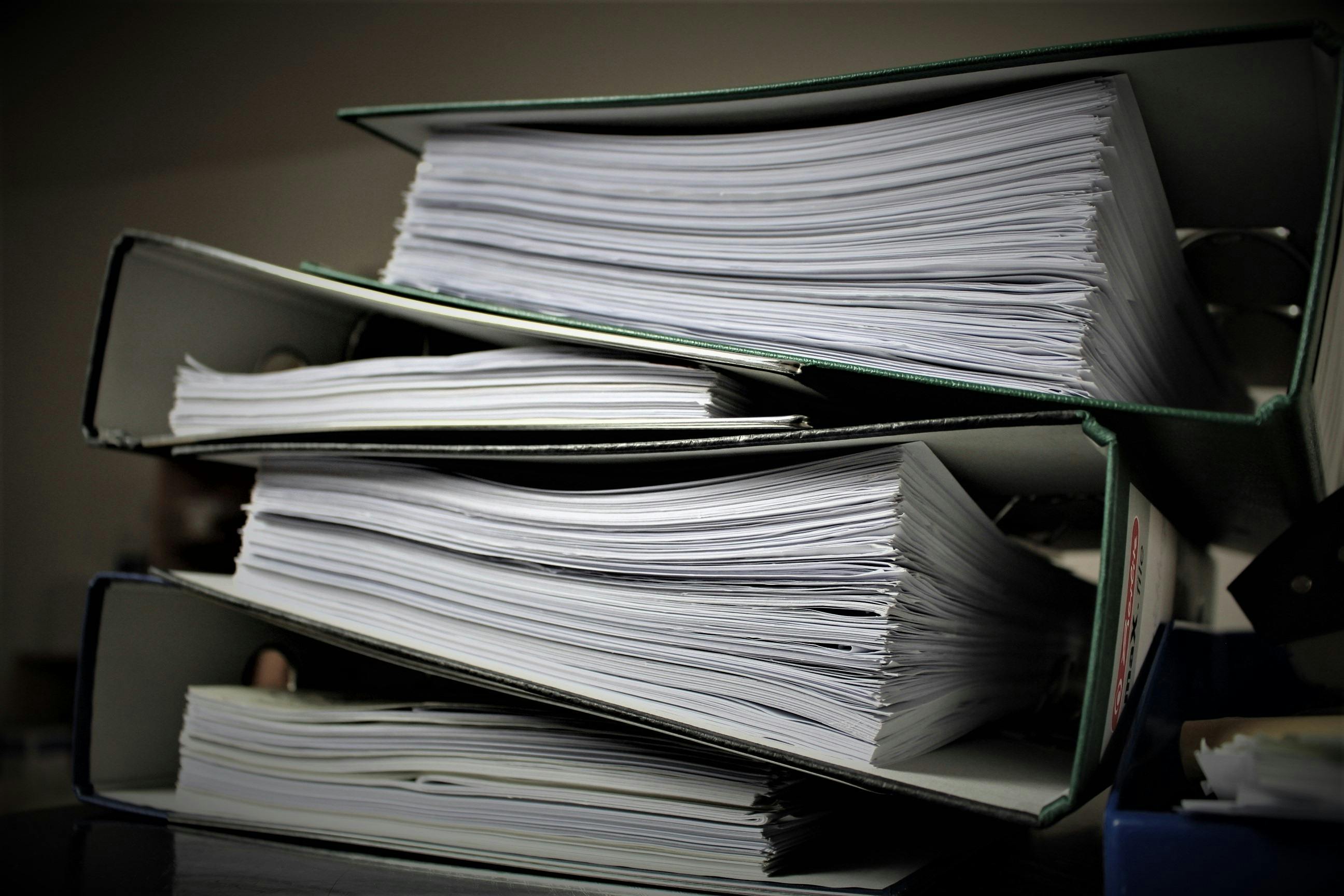
🗂 Step 4: Documents You’ll Need (Yes, Paperwork!)
Landlords in Germany are very documentation-focused. You’ll typically need:
-
Copy of passport/residence permit
-
Proof of income (e.g. work contract or pay slips)
-
SCHUFA – Credit report (optional if new to Germany)
-
Mietschuldenfreiheitsbescheinigung – Certificate from previous landlord proving no unpaid rent
-
Bürgschaft – A guarantor letter, especially if you’re a student or freelancer
💡 Tip: Organize these into a single PDF to send with your application. It makes you look professional and serious.

🛑 Step 5: Avoiding Scams
Scammers often target foreigners. Watch out for:
-
Listings that ask for money before a viewing.
-
Landlords who say they’re abroad and can’t meet.
-
Unusually cheap apartments in central locations.
🚫 Never transfer money via Western Union or pay in advance without a contract.
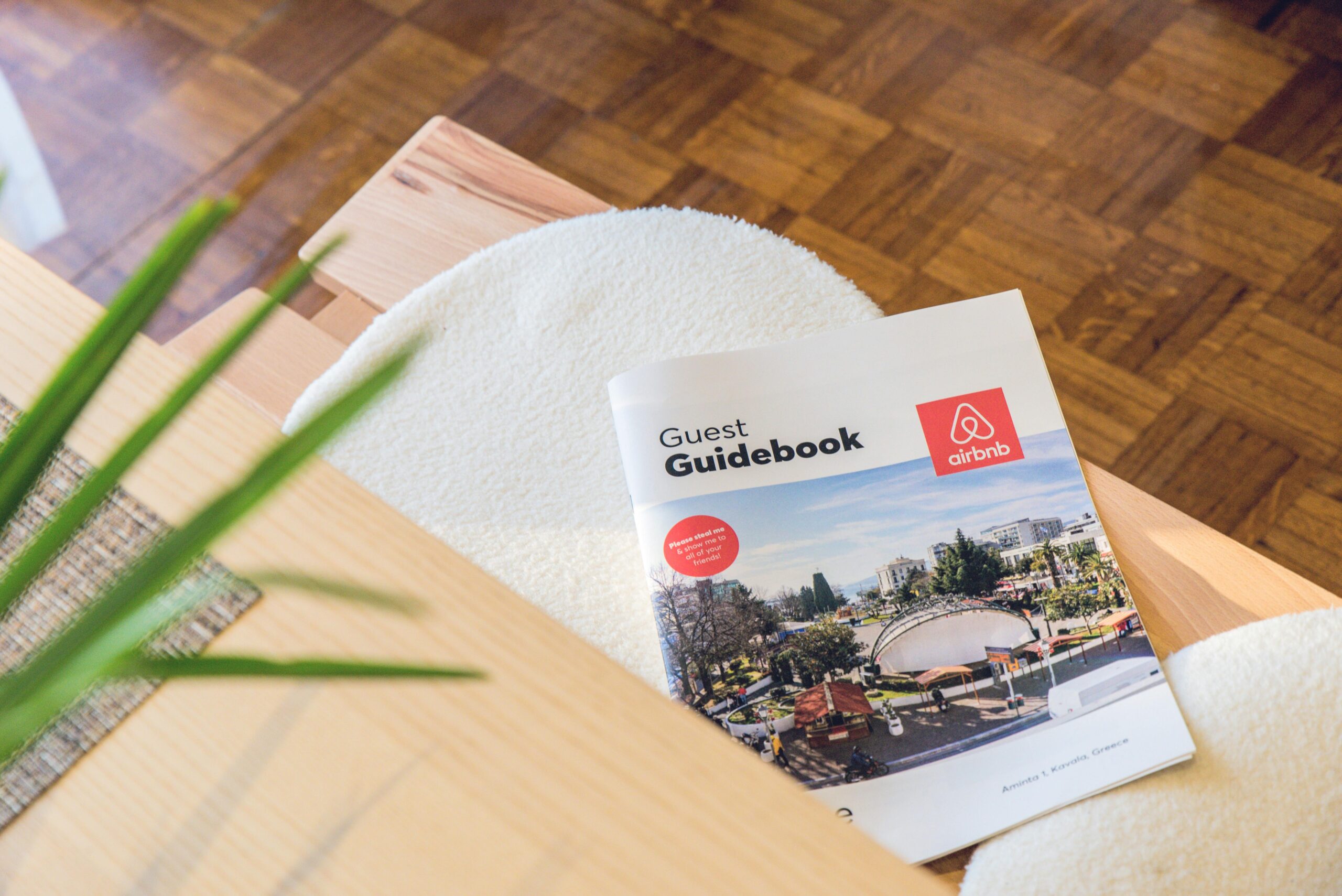
🛋 Step 6: Temporary Options While You Search
If you’re new to Germany, it might take weeks to find a long-term flat. Consider:
-
Short-term rentals on Airbnb or Wunderflats
-
Hostels or student housing
-
Facebook expat groups with short-term room offers
Use this time to attend viewings and get your paperwork ready.
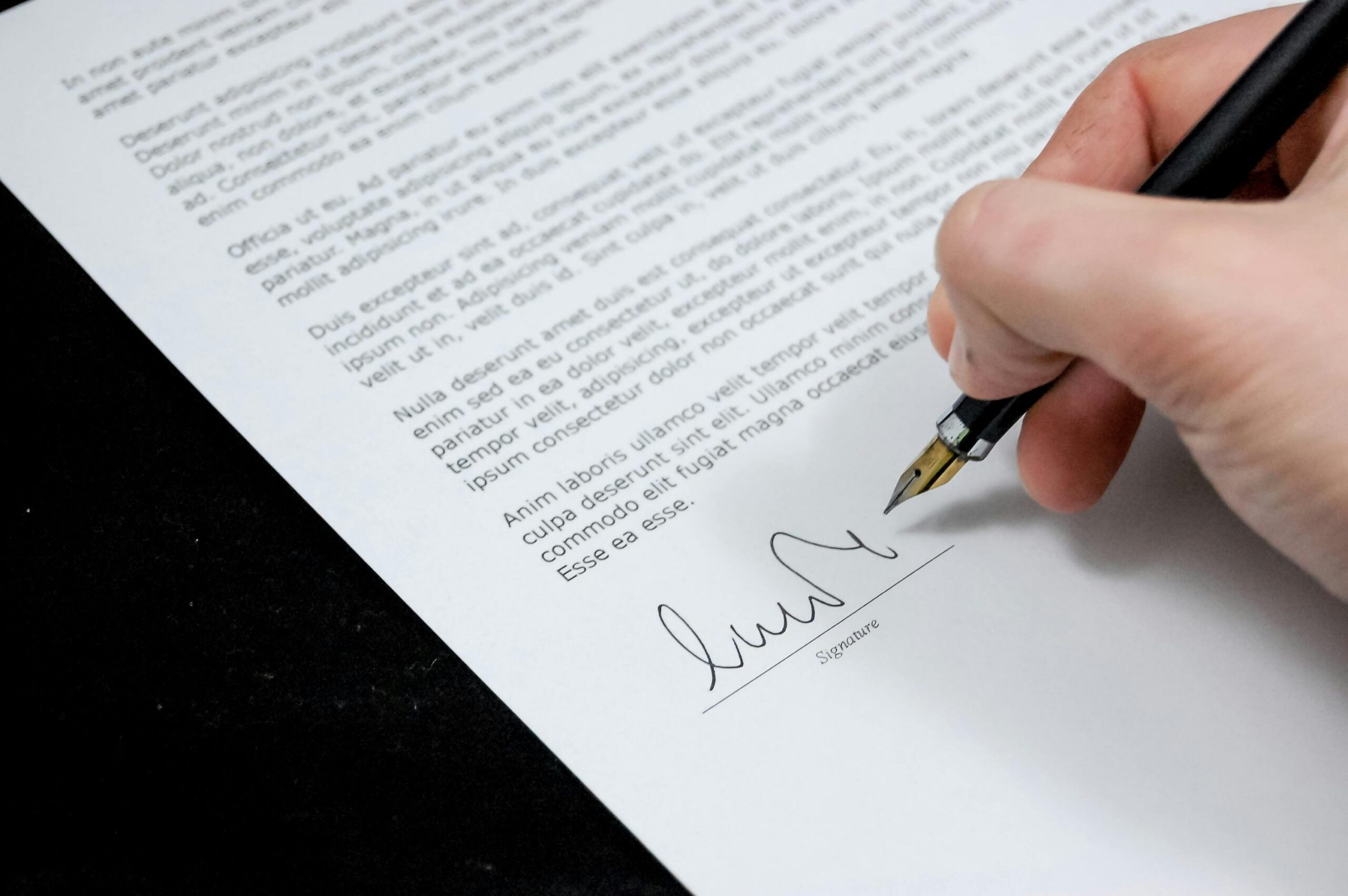
🧾 Step 7: Signing the Lease (Mietvertrag)
Before signing:
-
Read the entire Mietvertrag (lease agreement) — even if it’s in German.
-
Confirm the duration, notice period, and what’s included.
-
Check if renovation clauses or extra fees are hidden in the contract.
-
Walk through the apartment with the landlord and fill out a protocol (Übergabeprotokoll).
💡 Take photos of the apartment’s condition when you move in.
🧑💼 Common Questions
Can I rent without speaking German?
Yes, in larger cities many landlords speak English — but it helps to learn basic terms or bring a German-speaking friend.
What’s the average rent in Germany?
-
Berlin: €900–1,500 (1BR)
-
Munich: €1,200–1,800 (1BR)
-
Leipzig: €600–1,000 (1BR)
Prices vary wildly depending on area and demand.
Do I need a residence permit to rent?
Not necessarily, but landlords often ask for proof you can stay in Germany legally.
✅ Final Tips
-
Be quick — apartments go fast, especially in major cities.
-
Always view the flat in person if possible.
-
Prepare your application documents ahead of time.
-
Consider sharing a flat (WG) to save money and integrate faster.
-
Use a rental map (Mietspiegel) to check fair prices.
🎉 Willkommen zu Hause!
The German housing market may be tough, but with the right tools and knowledge, you’ll find your new home. Take your time, stay alert for scams, and don’t hesitate to ask for help. Germany is known for its order and efficiency — your apartment hunt can be too!

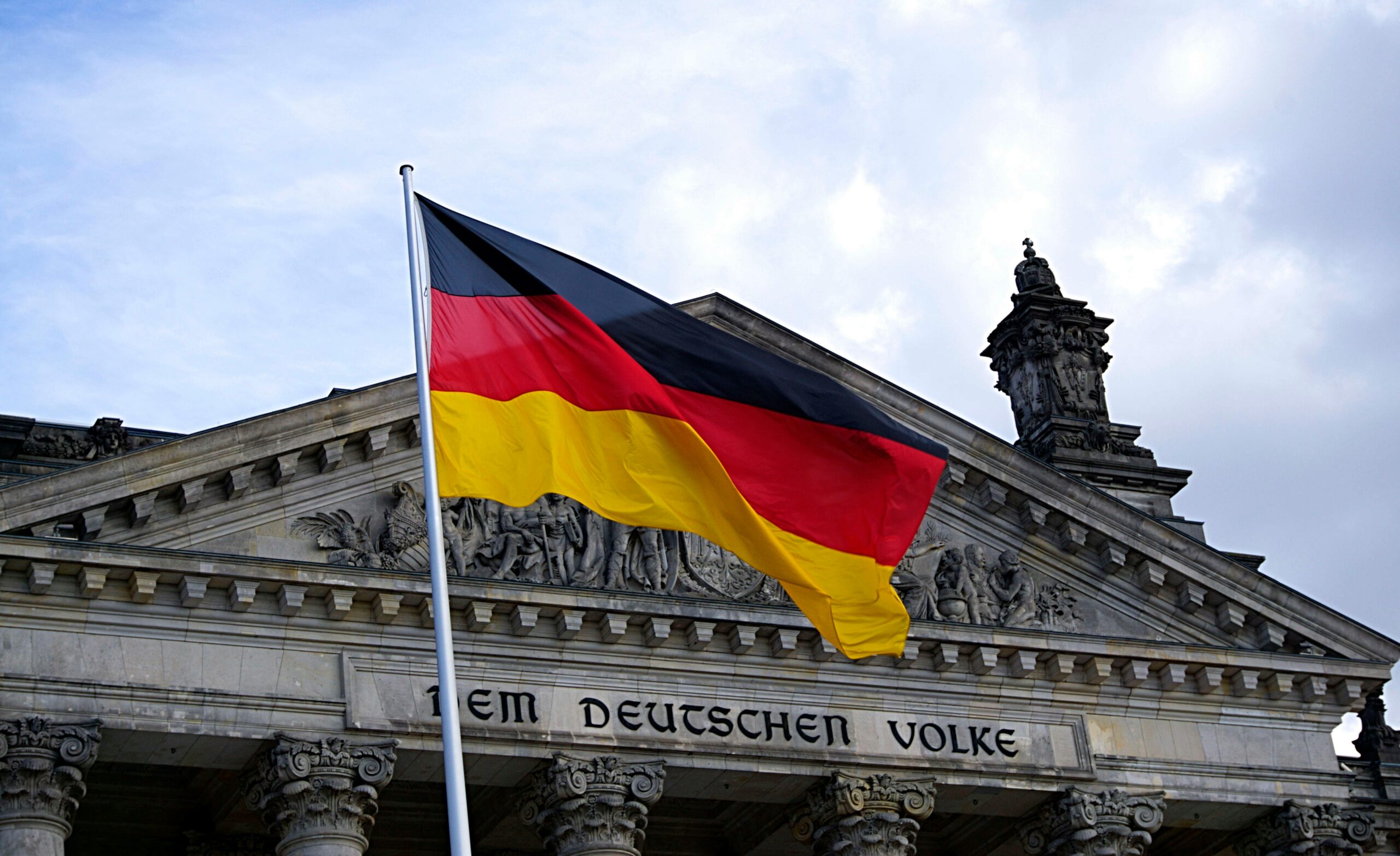



Usually how long does the visa process take
It really depends, its on a case by case basis, could vary from a few weeks to months